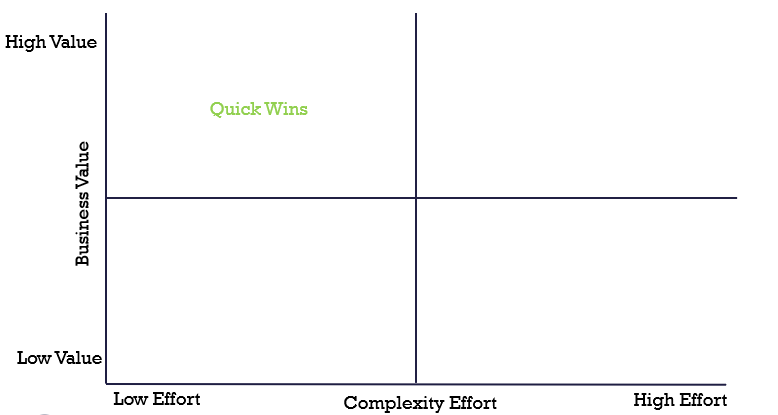Originally published here
Do we know where we are going? Have we asked the right questions? Without a roadmap, we will not arrive at our destination. The first step relies on discovering where we are, what we need to be successful and where we need to go. We need to create a roadmap to enable a path forward. With that roadmap, there is a need to assign owners of tasks throughout the data journey. Data Strategy is a top-down approach closely aligned with business strategy.
Gartner define a 'Data Strategy' as a highly dynamic process employed to support the acquisition, organization, analysis, and delivery of data in support of business objectives. Whereas DAMA defines Data Management as The development, execution, and supervision of plans, policies, programs, and practices that deliver, control, protect, and enhance the value of data and information assets throughout their lifecycles.
Many organisations do not have data strategies in place, although they may be working on areas that would sit under that umbrella. Deciding on what the core data principles are, can help an organisation quickly adapt to the data-centric culture.
As an example a set of data principles could be:
- All data is owned, managed, secured, and governed
- Data is managed throughout its lifecycle
- Data is available and visible whenever needed
- Information is an asset
- Use a data catalogue for visibility
- Data is fit for purpose and meets the business need
- There is a single version of the truth
- Data skills training for people to use data effectively
- Data ethical standards are followed
Before any type of strategy is created a business key stakeholder must champion the idea and a person identified to own the strategy, such as the CDO. The data strategy should be maintained and enacted through the data governance team and other working groups.
Data strategy is a framework that is built around the data to amalgamate the assets to create a source of trusted data to allow process efficiencies, increase confidence in the data and create opportunities for innovation. The Data Management strategy could be aligned with the Data Management Association and the DAMA Body of Knowledge (DMBOK), to enable consistent practices and verifiable decision making.
It is important to have an agile data strategy, thus creating a short-term strategy, so the immediate benefit can be gained by the business. Then working on a longer-term target strategy, once the gap analysis is complete and strategic imperatives are identified. A couple of core areas to also review are data governance, data ethics alongside data culture and data skills. The technology side for data collection, data storage, data processing and data output may need updating, but if a need exists for technological change, it will be due to the alignment of business and data strategies and identification throughout the process. To enable that agile approach to data strategy using a Boston matrix with the MoSCoW prioritization technique is very successful.

DAMA lists deliverables from strategic planning as:
- Data Management Charter (Vision, business objectives, guiding principles. success measures, risks, operating mode. A business plan to use the information to create competitive advantage and to support enterprise goals).
- Data management scope statement (goals and objective for planning, organisation roles, responsibilities clarified)
- Data Management Implementations Roadmap (programs, projects and tasks, road map and milestones). Requires a data management program strategy a plan for maintaining and improving the quality data integrity access and security and mitigating risks.
Taking all of this into account using systems thinking to gain that holistic view there are three areas that should be covered for success: business data strategy, IT data strategy and operational data strategy.
If you haven’t started creating a data strategy or already have one, it is worth reviewing the current state to ensure an agile actionable plan is in place for continuous improvement.

























